your cultural consumption is just a curated coping mechanism
our phones are just escape hatches
My phone is a gallery of escape hatches.
17 carefully curated Spotify playlists, dozens of podcast subscriptions, Netflix queues stretching into infinity, Instagram algorithms that know me better than some of my friends.
With the tap of my finger, I'm elsewhere: immersed in Hollywood true crime investigations, floating on lo-fi beats, or disappearing into another episode of a sitcom I've already watched 11 times. I am starting to think that this isn't mere entertainment anymore, it's my armour against the deafening silence of my own thoughts. Yikes.
The modern millennial's mind isn't just busy; it's strategically overscheduled. We've mastered the art of constant consumption - podcasts that make us feel intellectually robust, music that precisely calibrates our emotions, TV shows we binge not only for pleasure but for escape. We swap recommendations like survival tools: 'This playlist got me through my breakup,' or 'This podcast will help you understand your anxiety,' as if the right audio track might finally make sense of our fractured lives.
Headphones On. World Off.
My headphones activate my forcefield, every carefully selected song is another brick in the wall between myself and whatever I'm avoiding. The algorithm serves up the sonic antidote to most of my unwelcome feelings. Have I mastered the art of aesthetic escapism? Am I curating these playlists like emotional bomb shelters? Maybe I've learned to hide in plain sight this way, physically present while my consciousness slips away into my constructed sound universe where overthinking is a feature, not a defect.
My headphones aren't only an accessory, they're architecture, building rooms within rooms where I can exist, escape, evaporate, dissociate.
Curating My Way to Relevance
I know this is a humble brag. Throughout my life multiple people have described me as 'cultured', ‘cosmopolitan’ even.
Often, I would beam with pride in reply, basking in the validation of my cultural capital. What folks don't know is that my encyclopaedic knowledge of obscure indie bands and niche podcasts isn't solely the result of genuine curiosity, but rather, a coyly crafted persona I've likely been constructing since university. If I can quote statistics about gender inequality while also naming every member of BlackPink, maybe no one will notice that beneath the surface I am a particularly sensitive soufflé, and that part of my five-year plan is 'continue to exist and hopefully figure it out eventually.'
I’m the girl who listens to everything, actually. Maybe not entirely because I'm naturally eclectic, but because I've internalised the universal millennial commandment:
‘Thou Shalt Have Diverse Taste, And Thou Shalt Broadcast It Constantly, Lest Someone Suspect You Are Not Sufficiently Interesting.'
The algorithm feeds me just enough sad girl folk songs to feel seen, just enough global beats to feel worldly, and just enough nostalgic bangers to feel connected to my youth. I consume it all with fervour, a cultural omnivore with an insatiable appetite and the attention span of a particularly caffeinated gnat who's just discovered TikTok.
AirPod Voices in My Head Are More Comforting Than My Own
'Have you listened to the latest episode of [insert intellectual-sounding podcast]?' is my version of an interesting personality.
And you had better believe I've got the whole range covered: investigative journalism that makes me feel righteously angry, comedy shows that make me feel like I'm hanging out with friends who are significantly funnier than my actual friends, interview series that makes me feel like I'm improving myself while I'm actually just folding laundry and thinking about my coffee tomorrow morning.
I listen while cooking, while showering, while falling asleep. I listen while walking to the shop to buy milk. God forbid I spend four minutes alone with my thoughts. Who knows what existential dread might creep in between my apartment and Coles? Being alone with my thoughts in my 30s means confronting the fact that I still don't know the best way to do my tax, that my singledom may as well be a flashing neon sign plastered to my forehead, that my biological clock is less 'ticking' and more 'blaring alarm with strobe lights'.
Emotional Regulation via Remote Control
There's a special kind of comfort in fictional worlds with perfectly scripted endings. You know, the kind where problems resolve in twenty-three minutes. The kind where people's apartments are inexplicably spacious despite their barista salaries. The kind that asks nothing of you except to keep watching.
Picture me, curled into the same depression dent I've been forming in my couch for the past week, starting my 7th consecutive rewatch of The Office. My brain keeps reminding me sharply like a push notification I cannot mute 'Mum's Deathiversary Tomorrow'. The characters move through their office day with delightfully manageable problems - none of which include watching your mum's body wither away at 54 while cancer ravaged her from the inside out.
I know every line, every joke, every plot twist. The familiarity is the point. There are no surprises here, no unexpected emotional ambushes. Just the same safe, predictable escape route I've travelled six times before. I press 'Next Episode' as Stan asks if I'm still watching. I am. It's all I've been doing since the anniversary date started approaching three weeks ago.
The relationship between millennial women and our comfort shows is less entertainment and more emotional regulation. We use The Office like others might use Valium. We deploy Gilmore Girls as a security blanket when the world feels too sharp. We know these fictional people better than we know our neighbours. Their problems are contained, their triumphs predictable, their worlds permanently paused in an era before climate collapse, pandemic anxiety and depression became our daily reality.
When the Wi-Fi Dies, So Do I (On The Inside)
As it turns out, when left alone with my thoughts, I'm forced to confront some uncomfortable truths: I'm not as happy in my job as I pretend to be. My houseplants are dying because I keep forgetting they exist. I don't feel valued by some of my friends. And despite all my feminist podcasts, I still spend an alarming amount of time in self-loathing.
If I ever actually had the This Is Us crying montage moment with the perfect sad song playing, I guarantee it wouldn't be beautiful. I'd be snot-faced, eating cold beans straight from the tin because I've forgotten how to process emotions without Brené Brown explaining them to me. These revelations aren't exactly groundbreaking. They're mostly the mundane anxieties of a thirty-something woman muddling through life. But they're mine. And facing them without the buffer of a perfectly timed Mitski song or distracting banter of my favourite podcast hosts feels uncomfortably raw.
Posting About Self-Care While Secretly Self-Destructing
The millennial woman's relationship with her body is a battlefield disguised as a wellness journey.
We consume content about body positivity while hate-following fitness influencers. We listen to podcasts about intuitive eating while calculating if we've earned dessert. We're trapped in bodies that have been commodified since puberty, expected to perform impossible contradictions: be thin but not too thin, strong but still feminine, natural but flawless.
Our collective trauma expresses itself through our diagnoses - anxiety, depression, ADHD, OCD, chronic fatigue, autoimmune conditions. We read about the 'millennial burnout generation' while in the waiting room for yet another specialist appointment we can barely afford. We joke about our medication routines on Instagram. We listen to wellness podcasts while knowing we'll never have the time or energy for the 17-step self-care routine they're advocating.
We're the generation caught between traditional expectations and progressive aspirations. We were told we could have it all, then entered adulthood during the financial crisis. We pursued degrees that left us in debt, entered a housing market that locked us out, and are now expected to find fulfilment in careers that demand everything while offering increasingly little security in return.
Weaponising Taste As Personality
The irony isn't lost on me that my carefully constructed identity as a culturally aware, intellectually curious millennial woman is partially built on the foundation of self-avoidance.
I've weaponised culture as a shield against my own thoughts with the precision of Villanelle from Killing Eve planning an assassination, except the target is my own self-awareness. So when I recommend that obscure neo-jazz album or quote stats from a documentary about climate change, I'm not just sharing something I enjoyed, I'm asserting my value. Look how interesting I am! Look how informed! Please ignore the behind-the-scenes emotional processing skills of a particularly repressed Victorian gentleman or that I'm one minor inconvenience away from a complete breakdown.
The Sound of Silence (But Make It Instagrammable)
Now, I'm not about to delete Spotify or unsubscribe from all my podcasts. That's bananas. In a world where the climate is collapsing, democracy is under threat, and society makes us feel unworthy, sometimes you do need some Lana del Rey to help you dissociate properly.
But I'm trying to be more honest with myself about why I'm pressing play. Is it because I want to expand my horizons, or because I'm afraid of the vast, echoing silence of my own mind? Am I cultivating taste or avoiding introspection with the determination of a Fleabag character avoiding emotional growth?
To be confirmed.
Coping in the Age of Content Overload
In a world that's designed to make us feel inadequate - too fat, too thin, too loud, too quiet, too ambitious, not ambitious enough - perhaps our podcast subscriptions and meticulously curated playlists aren't just avoidance tactics.
They're survival mechanisms. When your ADHD has finally been diagnosed after decades of feeling like your brain has been running at 150kms/h, maybe that constant audio stimulation is what keeps your brain functioning. When you're navigating a workplace where you're expected to be assertive but not bossy, confident but not arrogant, maybe that feminist podcast is less about avoiding your thoughts and more about arming yourself with the language to describe your experiences.
Maybe the most radical act for a woman isn't curating the perfect playlist or keeping up with every important cultural conversation. Maybe it's simply surviving in a world that seems increasingly designed to break us. And if that means listening to my Sad Girl Spotify playlist while I do my taxes, or falling asleep to a podcast about serial killers to distract from my own existential dread, then so be it. I'm not going to pretend I'm evolving beyond my coping mechanisms when the world isn't evolving beyond the systems that make them necessary.
who wrote this?
Meet Toyah - the arts and culture champion who's out here proving that robots haven't taken over (yet). While she's casually collecting leadership titles like they're vintage band tees, her real superpower is making the arts and culture accessible to everyone. Armed with a Masters degree and scholarships from fancy business schools in Melbourne and London, she's become the go-to voice for shaking up the cultural scene. Her motto? ‘Humans not robots’ - because let's be real, when was the last time AI wrote a symphony that made you cry?
Growing up, Latoyah discovered that art wasn't just for gallery walls and concert halls - it's the stuff that makes life actually worth living. Now she's taking that childhood obsession and turning it into a full-blown mission to make sure everyone gets their slice of the creative pie, regardless of their story. When she's not busy being an actual boss, you'll find her dropping knowledge bombs at local and international conferences, teaching the next gen of culture warriors at Melbourne's top unis and dropping feminist explorations over on her Substack. Think of her as your arts accessibility and community queen but make it human.

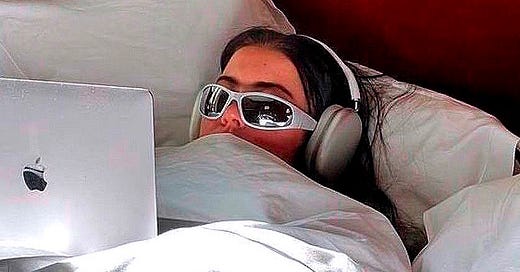



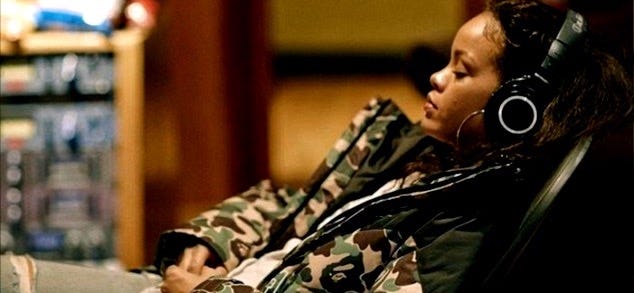
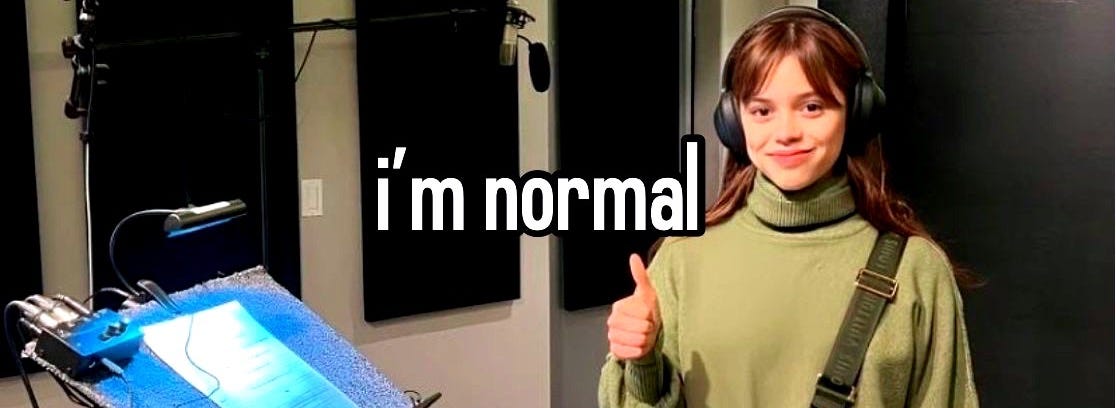
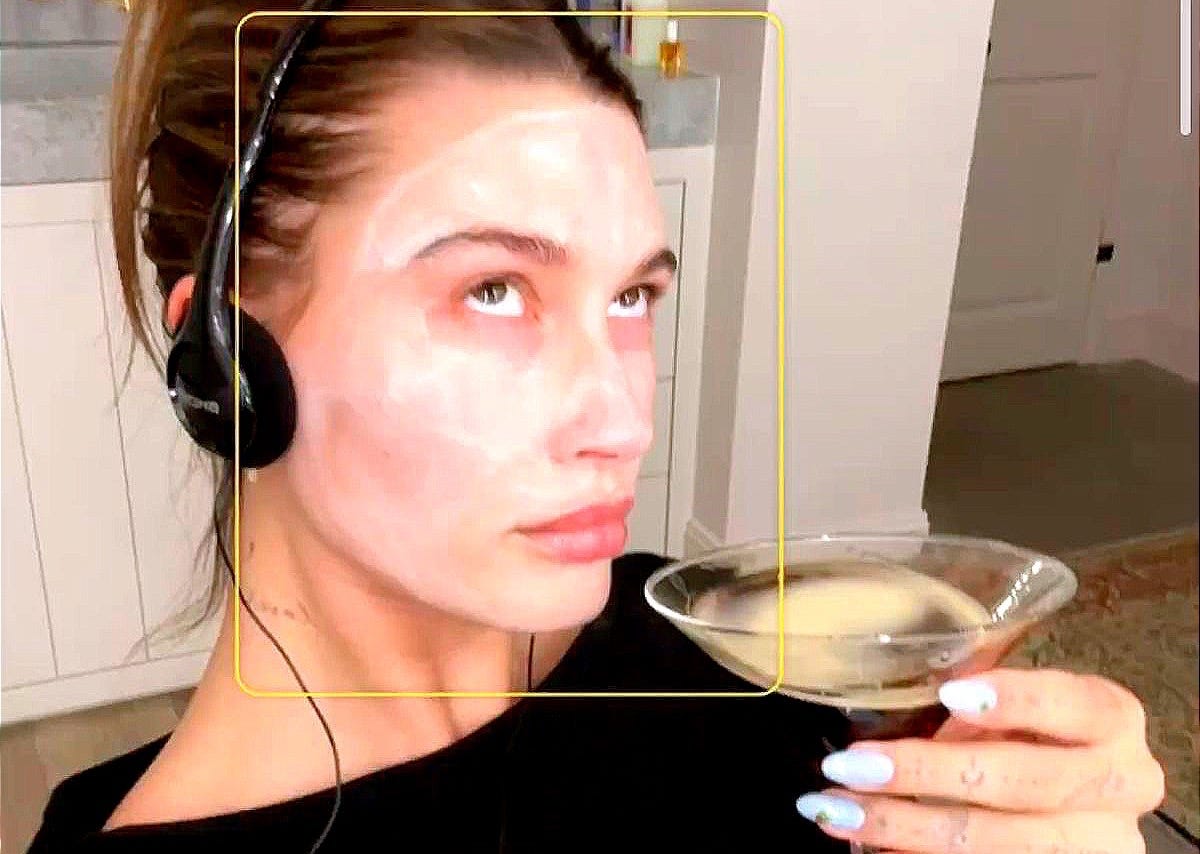
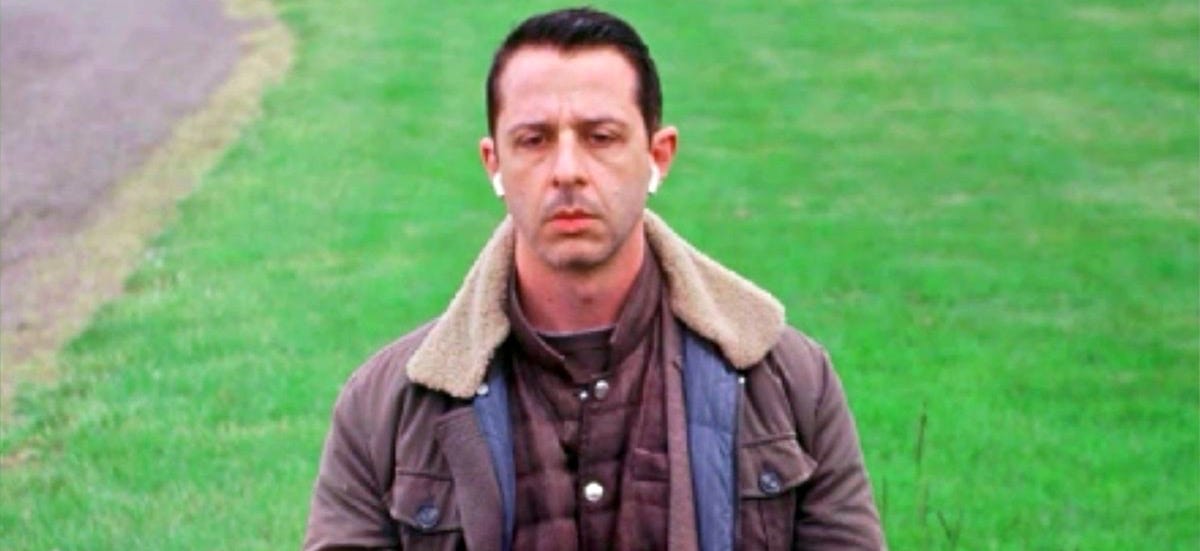
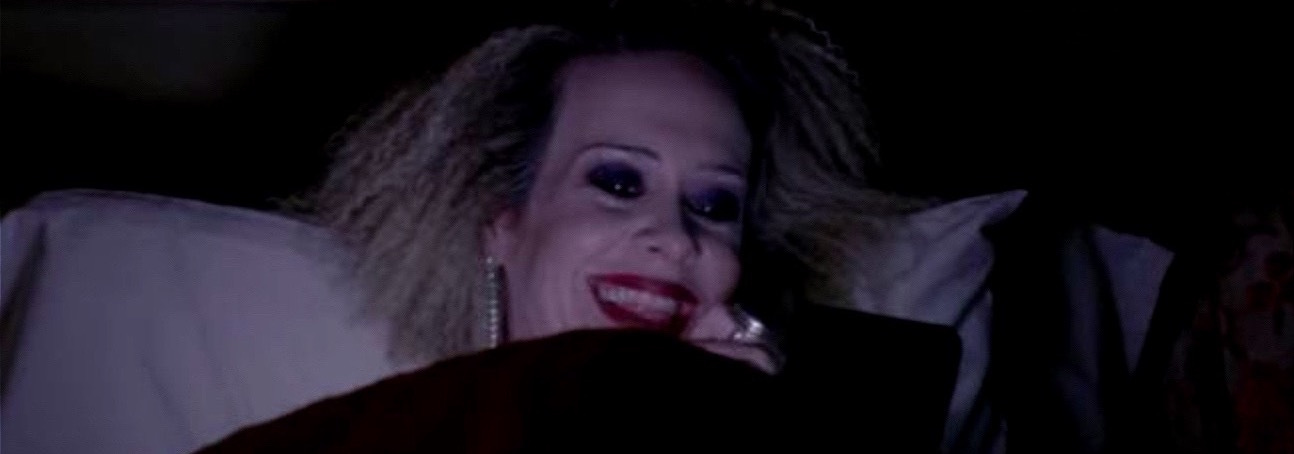
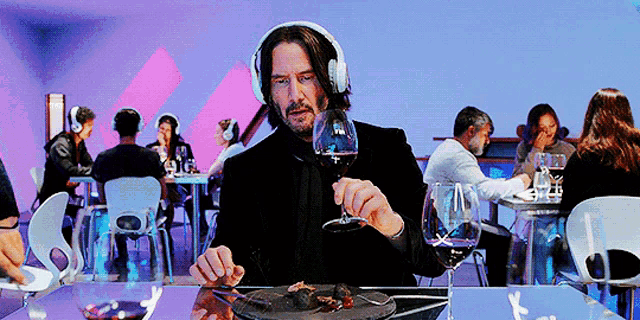
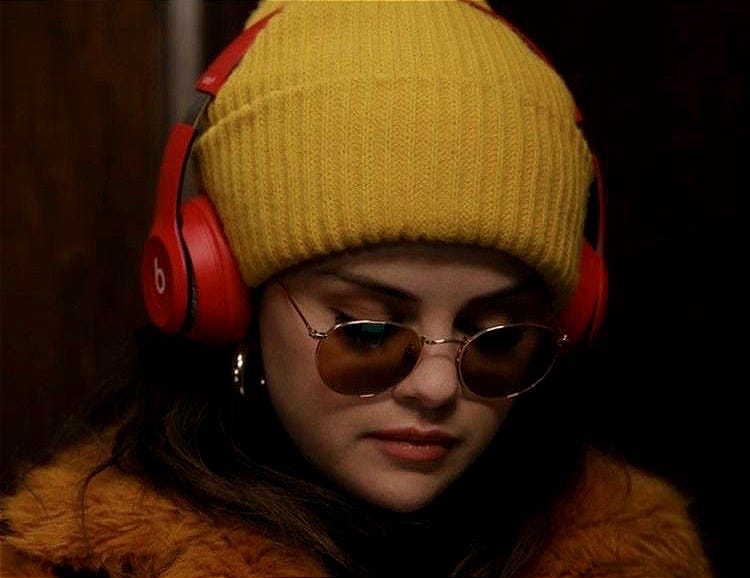
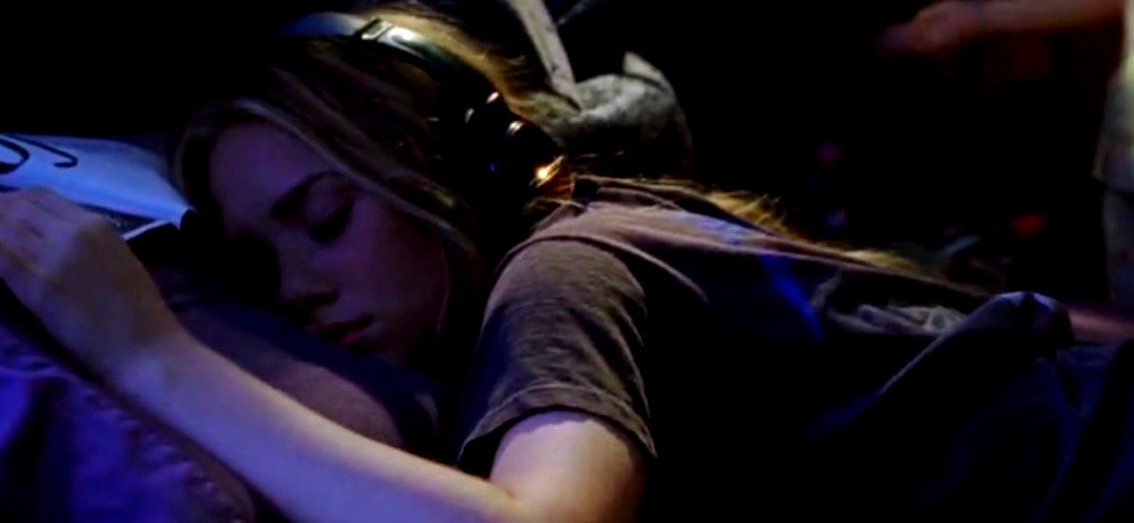
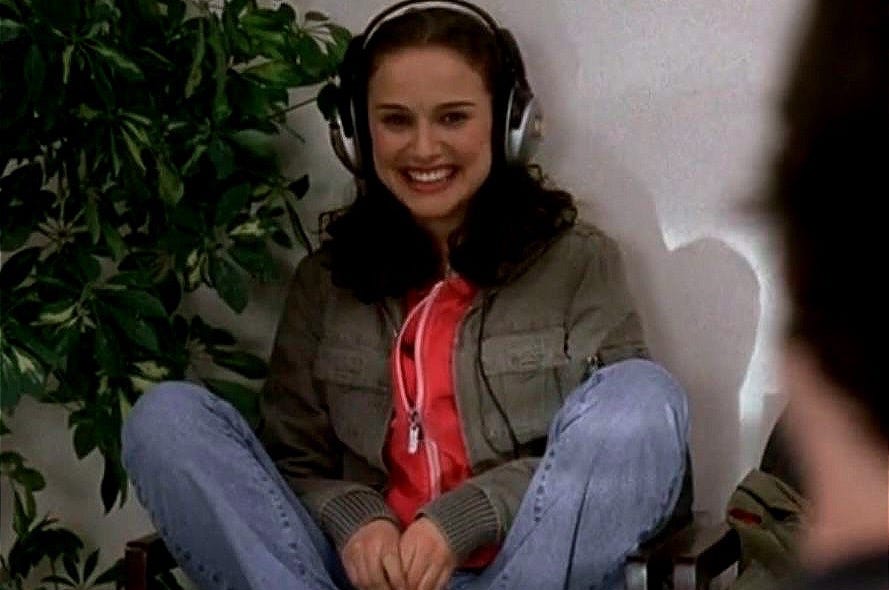
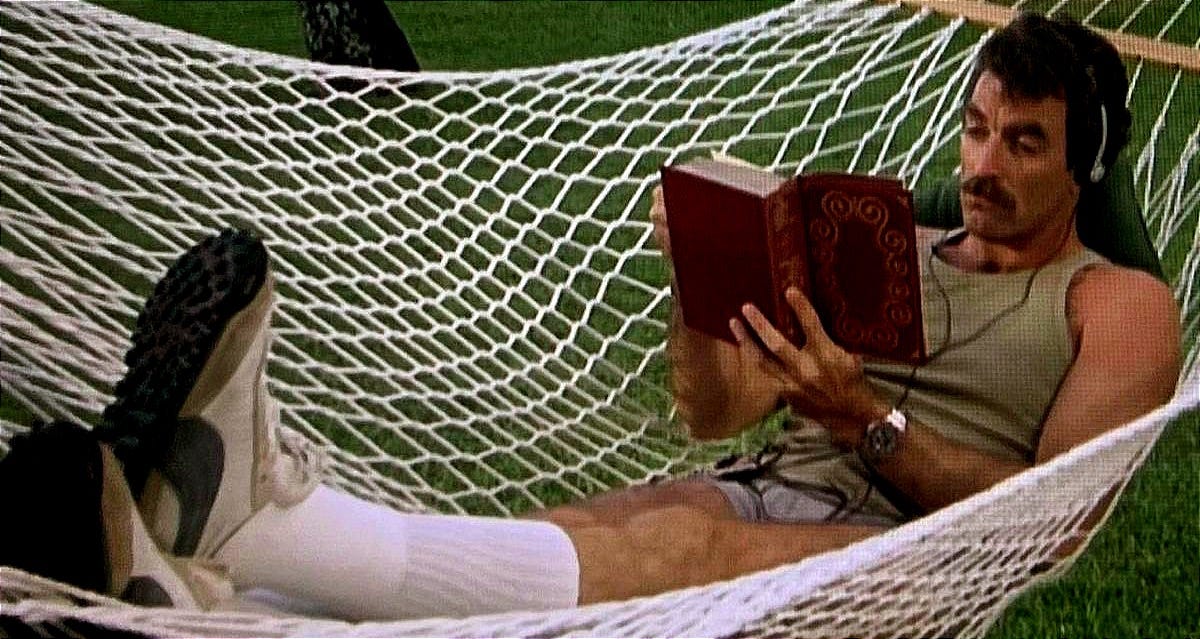


I cannot help but be reminded of Adorno's 1960s essay 'The Culture Industry'; the commodification of culture and art that had only begun to arise with the advent of neoliberal capitalism - but I don't think even he could have predicted the sheer scale by which the 'culture of consumption' has become engrained into our lives. We have surpassed materialism: our very existence has been turned into a commodity used to generate ever-expontentially increasing profits.
The 'coping' mechanism mentioned is simply to numb the existential angst that comes with living in so alien of a society; alien, that is, to our inherent psychological needs.
That is my naïve interpretation, anyways.
I have never been so thoroughly and thoughtfully read in my life. Resonant.